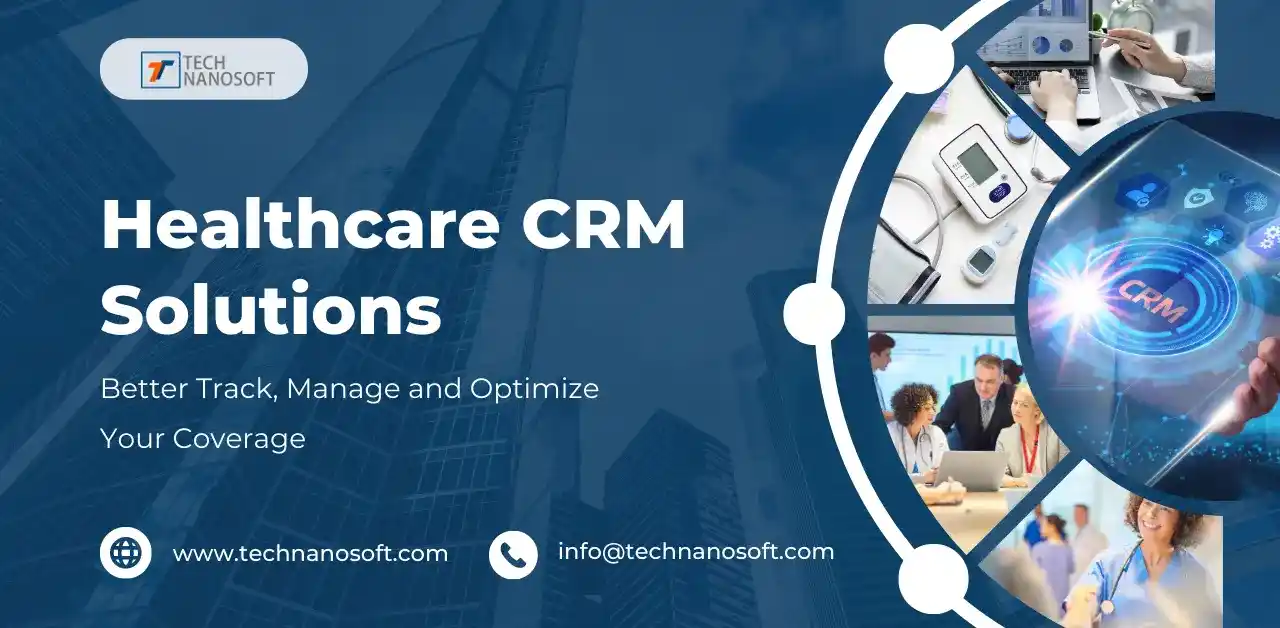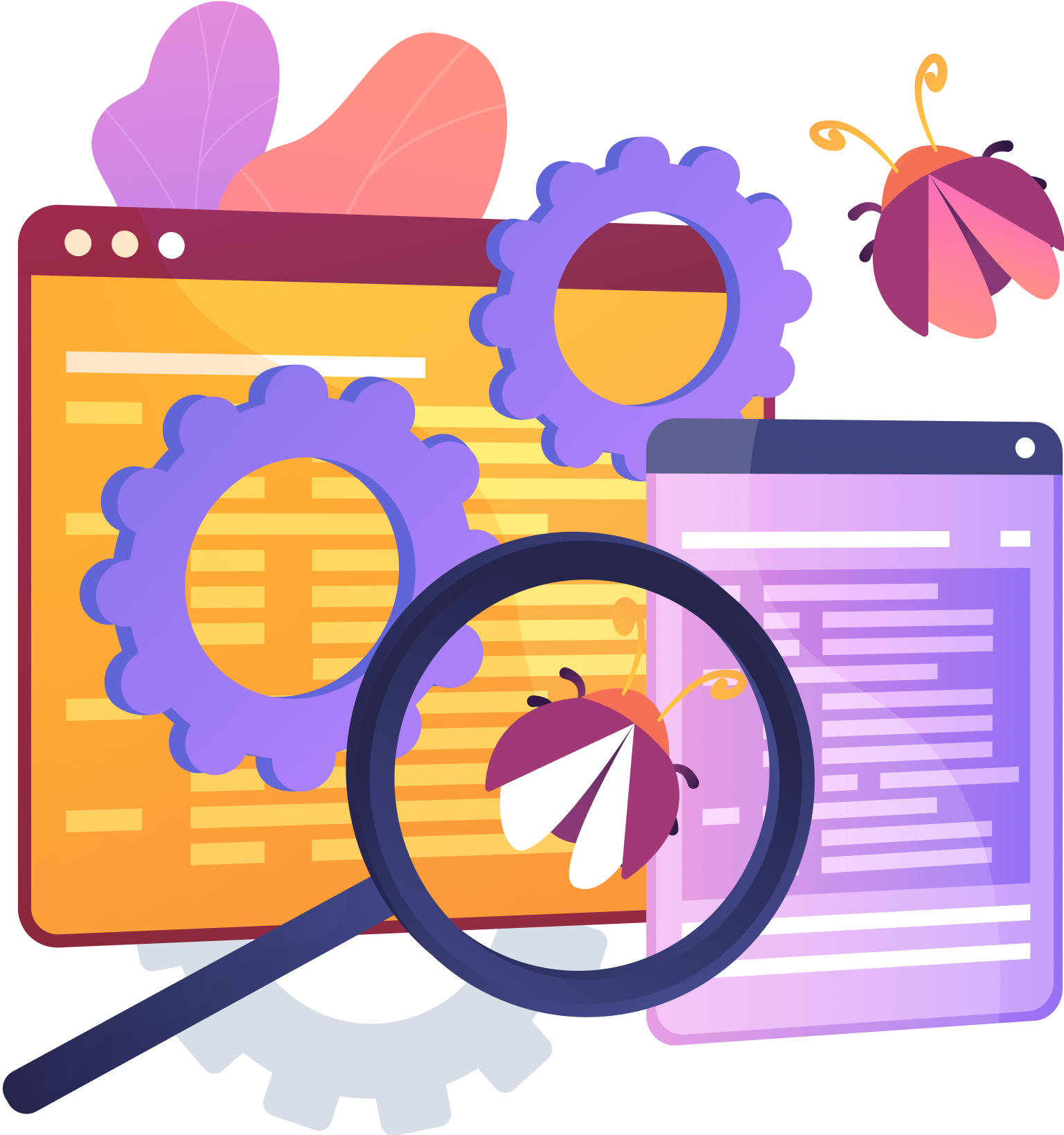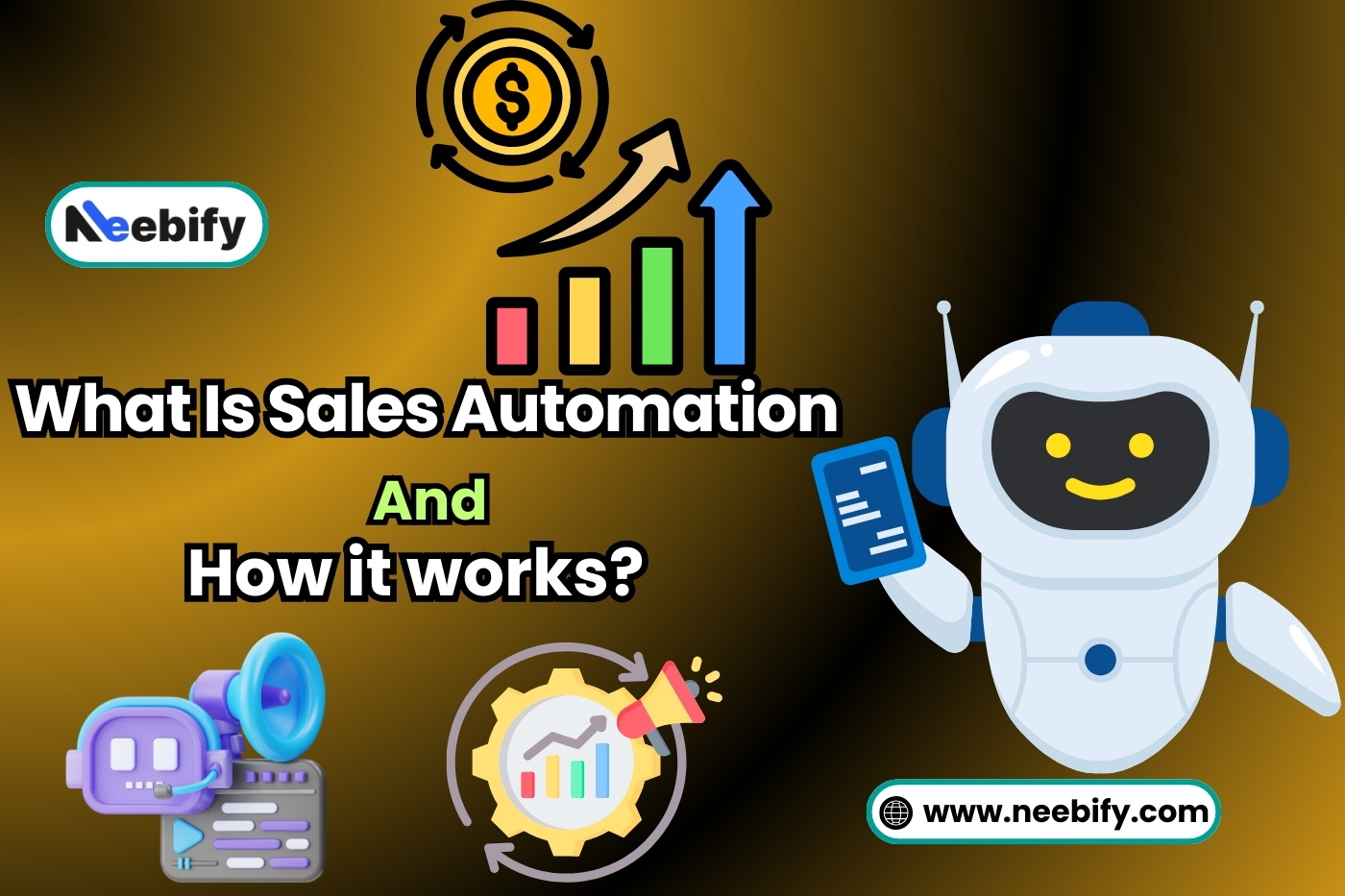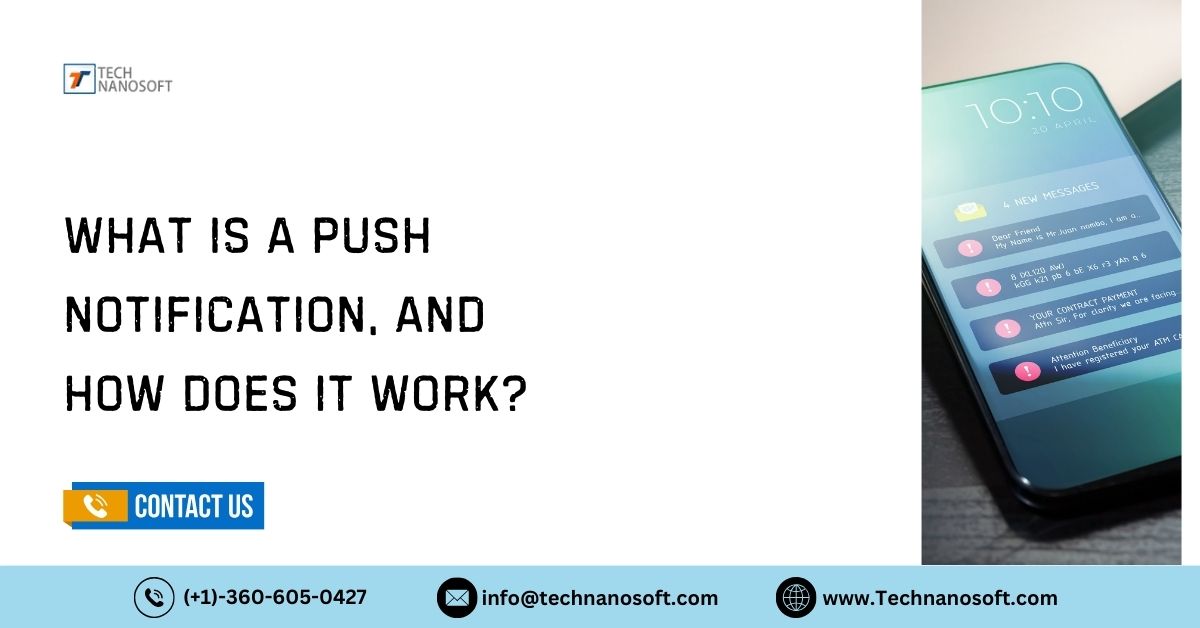Healthcare CRM Solutions: Better Track, Manage and Optimize Your Coverage

Healthcare is a continuously progressing sector that faces challenges like complicated regulations, increasing costs, and high competition. To succeed in this vertical, healthcare providers should stay ahead of the curve by accepting the most advanced technologies and tools. One such outstanding technology that has become progressively famous is healthcare CRM Solutions.
As the Covid-19 epidemic has accelerated in the last few years, digitalization amongst Healthcare organizations is also taking part in this digitalization approach to manage a precise, comprehensive patient record and serve patients better. It is where Customer Relationship Management helps!
Research revealed that the healthcare CRM market worldwide is projected to hit $28.89 billion by 2026. In 2019, the healthcare CRM global market value used by healthcare providers was approx—5.8 billion U.S. D., while the market used by payers was valued at 4.3 billion U.S. dollars. By 2025, the market value of Customer Relationship Management used by healthcare providers was predicted to surpass 12.5 billion U.S.D.
What are Healthcare CRM Solutions?
Healthcare Customer Relationship Management solutions are software apps specifically designed for the healthcare business. Such solutions offer a platform for healthcare providers to maintain patient relationships and interactions. The core purpose of healthcare Customer Relationship Management (CRM) solutions is to streamline processes, enhance patient engagement, and enhance income by leveraging data insights.
Healthcare Customer Relationship Management (CRM) solutions usually count a series of features, such as patient management, analytics, scheduling, and billing. Such emergent features are perfectly designed to aid healthcare providers in better understanding patient requirements, personalizing care, and improving results.
Snapshot of what a healthcare Customer Relationship Management system can log:
1. Contact information
2. Patient forms (patient intake, content forms, etc.)
3. Contact history (phone calls, emails, SMS)
4. History of past appointments
5. Allergies
6. Insurance & billing history
7. Upcoming appointment reminders
8. Pre-existing or/ and chronic conditions
9. Patient notes (anxiety, whitecoat syndrome, phobia of needles, etc.)
10. Past and Current treatments and/or medications
Benefits of Healthcare CRM Solutions
There are several advantages of healthcare Customer Relationship Management (CRM) solutions. Let us take a look at a few of the most important benefits:
Streamlined Processes: Healthcare Customer Relationship Management (CRM) solutions automate countless administrative tasks that are manually performed, such as managing patient data and scheduling appointments. It lessens the workload on staff and enhances competence.
Improved Quality of Care: Healthcare CRM software solutions allow providers to understand patient preferences and requirements better. It enables them to deliver customized care plans tailored to every patient's exceptional situation.
Better Patient Engagement: Healthcare Customer Relationship Management (CRM) solutions help providers perfectly engage with patients by offering them custom care plans, appointment reminders, and follow-up communication. This results in enhanced patient satisfaction and outcomes.
Better Compliance: Healthcare CRM solutions can assist providers in complying with complex regulations by automating compliance-centric jobs and offering real-time data insights.
Increased Revenue: CRM software for the healthcare industry offers valued data insights that can be used to detect opportunities to enhance revenue, such as by providing new services or targeting particular patient populations.
How do Healthcare CRM Solutions Help Track, Manage, and Optimize Coverage?
Healthcare Customer Relationship Management (CRM) offers numerous benefits to help providers better manage, track, and optimize coverage. Let us take a closer look at how such solutions can help in every single area:
Centralizing Patient Information: By centralizing Patient data, healthcare CRM for healthcare marketing solutions can help healthcare providers access a patient's coverage description rapidly and effortlessly. They can also track patients' payments and insurance claims, offering a comprehensive sight of the Patient's treatment and coverage history.
Improving Communication: Healthcare CRM solutions can enhance communication between insurance companies and healthcare providers, making it simpler to coordinate care and solve coverage-centric issues. They can also send automated reminders and alerts to patients about their treatment and coverage options.
Enhancing Customer Experience: Healthcare Customer Relationship Management (CRM) solutions can offer patients a highly personalized and engaged experience. By customizing communication and submitting relevant data, patients are more likely to feel supported and valued throughout their healthcare journey.
Analyzing Data: Healthcare Customer Relationship Management (CRM) solutions can assist in analyzing data and producing insights that can be used to optimize coverage. By analyzing trends in patient behavior and coverage utilization, insurance organizations can find areas for upgrading & amend their coverage policies accordingly.
Essential traits to look at in Healthcare CRM software
There are several providers in the marketplace. Thus, before selecting the best CRM software, you should look at some essential traits:
1. Free trial and package
2. Patient segmentation
3. Data security HER/ EMR updates
4. Integrations for patient rewards
5. Activity tracking
6. Telehealth Integration
7. Referral Management
8. Billing and Payment Management
9. HIPAA Compliance
10. Appointment Scheduling
11. Data Analytics and Reporting
12. Multi-Location Management
In short, healthcare providers need CRM software for medical sales that meets their unique requirements. By looking for these crucial features, healthcare providers can discover Customer Relationship Management (CRM) software that will assist them in managing patient relationships as well as information more effectively and efficiently, ultimately enhancing patient results.
Common Myths about Healthcare Customer Relationship Management (CRM)
As healthcare organizations constantly adopt Healthcare CRM software to maintain and handle patient relationships, several misconceptions and myths about healthcare Customer Relationship Management (CRM) have emerged. Here are some of the common myths about medical CRM systems in the Healthcare industry:
Myth 1: Healthcare Customer Relationship Management (CRM) is just for patient outreach
Fact: While healthcare Customer Relationship Management (CRM) can benefit patient outreach, it is not restricted to this purpose. Healthcare Customer Relationship Management (CRM) can help providers manage patient information, track referrals, and streamline payment and billing processes.
Myth 2: Healthcare Customer Relationship Management (CRM) is only for large healthcare organizations
Fact: While large healthcare institutions can benefit from healthcare Customer Relationship Management (CRM), it is also helpful for SMEs (small and medium-sized) healthcare providers. Healthcare CRM can assist these companies in improving patient communication and relationships, tracking patient data, and managing appointments, amongst other benefits.
Myth 3: Healthcare Customer Relationship Management (CRM) is too intricate & challenging to use.
Fact: Healthcare Customer Relationship Management (CRM) software is designed to be intuitive and user-friendly. With proper support and training, healthcare specialists can easily use healthcare CRM to improve patient outcomes and manage patient relationships.
Myth 4: Healthcare Customer Relationship Management (CRM) is not necessary for healthcare organizations
Fact: Healthcare Customer Relationship Management (CRM) can assist healthcare organizations in increasing patient satisfaction, improving patient relationships, and streamlining healthcare workflows. CRM for Healthcare providers can also offer valued insights into patient information, enabling them to make data-centric decisions and enhance patient outcomes.
Myth 5: Healthcare Customer Relationship Management (CRM) is expensive and not worth the investment
Fact: While healthcare Customer Relationship Management (CRM) can be an investment, its rewards can outweigh the expense. Healthcare CRM can assist healthcare companies in improving patient outcomes, increasing patient satisfaction, and reducing costs, resulting in extended benefits for the organization.
Simply put, healthcare CRM for Hospitals can offer significant advantages for healthcare organizations, irrespective of their size. It can help streamline workflows, enhance patient relationships, and provide valuable insights into patient information. Healthcare providers must not be deterred by common misconceptions and myths about healthcare Customer Relationship Management (CRM) but should consider its potential rewards for their organization.
Conclusion
Healthcare CRM solutions are a powerful and robust tool for healthcare providers seeking to stay ahead of the curve. These solutions offer multiple benefits, comprising streamlined processes, enhanced patient engagement, improved quality of care, increased revenue, and better compliance. By leveraging information insights, healthcare providers can use Customer Relationship Management (CRM) solutions to manage better, track, and optimize coverage, resulting in enhanced patient results and a more productive healthcare system. Overall, it makes sense for the healthcare sector to consider the best healthcare CRM software as a necessary investment for their growth and the wellness of patients.









